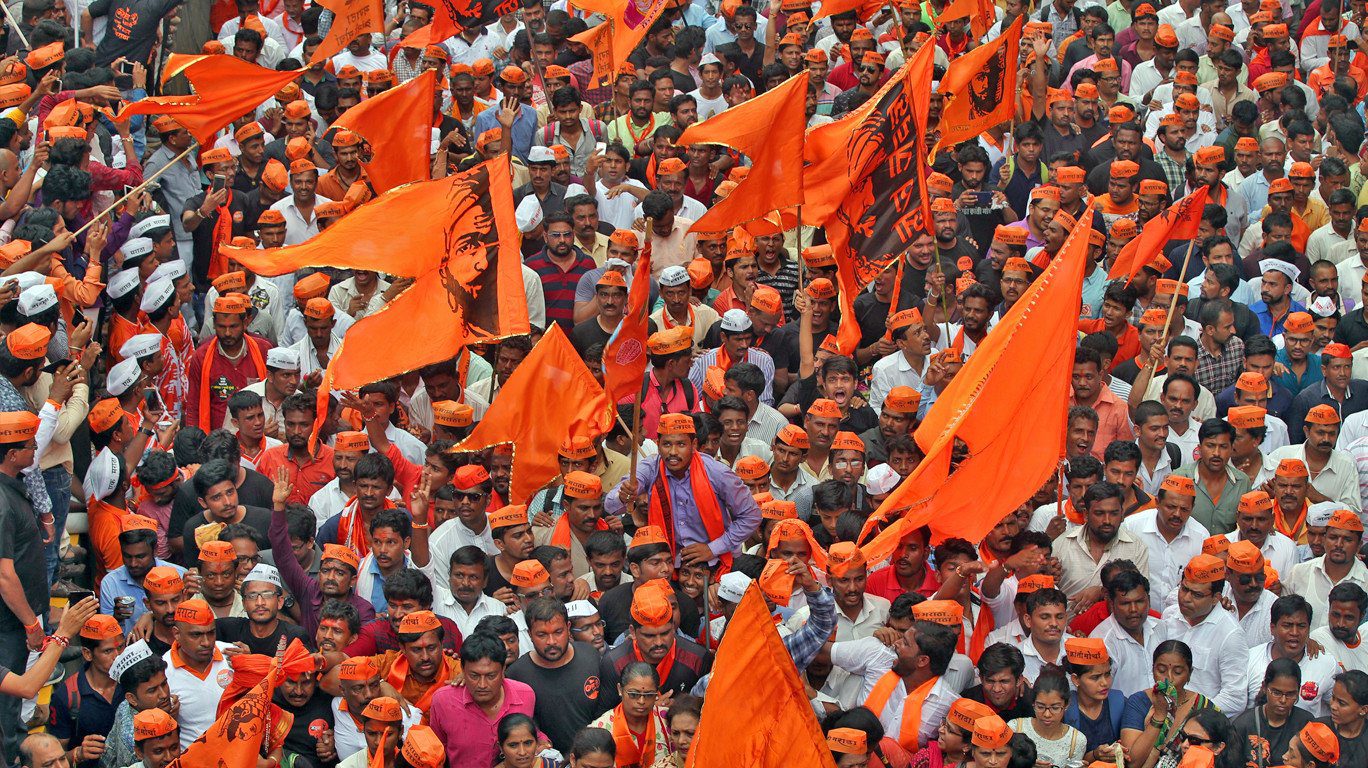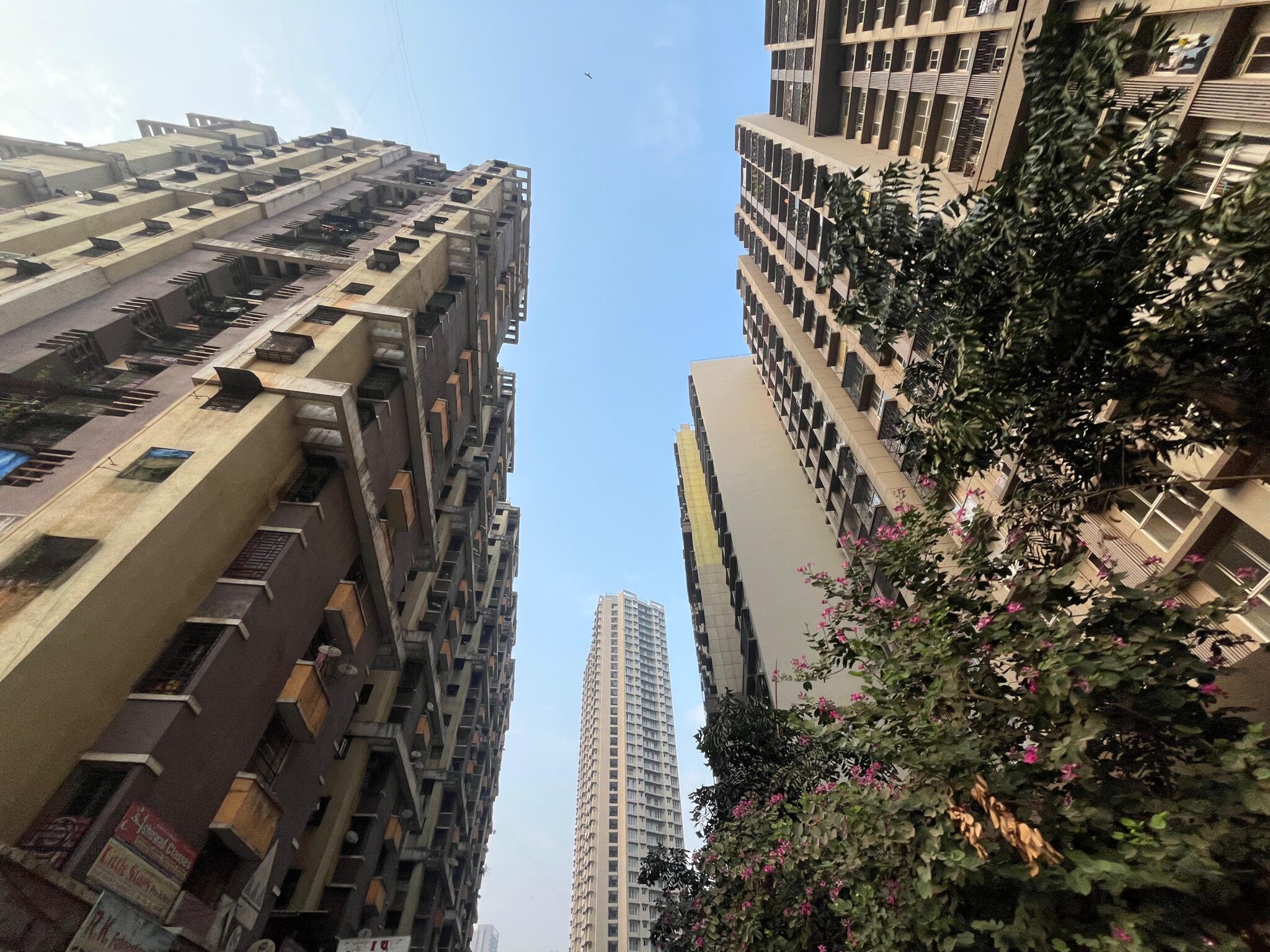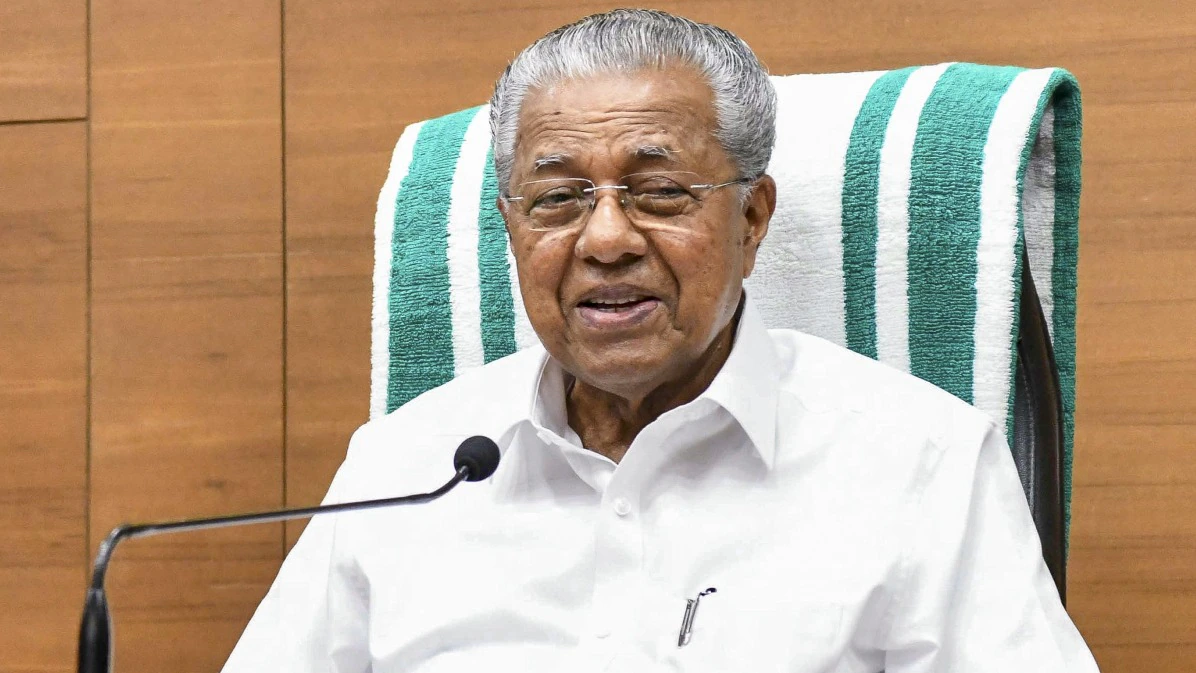Manak Sharma, Mumbai Uncensored, 7th November, 2023:
India’s Maratha Reservation is a difficult sociopolitical problem. India’s reservation policies have generally been the focus of divisive discussion and debate for a long time. These initiatives seek to close the nation’s social and economic gaps as well as historical injustices. The Maratha community’s inclusion on the list of socially and educationally backward classes is one such divisive reservation issue.
Historically, the Maratha community in India has experienced tremendous political and social change throughout, they have also held positions of power and influence. During colonial and post-independence times, the Marathas experienced challenges with representation and socioeconomic inequality. They started asking for reservations in government positions and educational institutions in an effort to allay these worries.
Maratha reservation supporters assert that the community has historically been marginalized and subjected to socioeconomic regression, especially in rural areas. They argue that in order to elevate the Marathas, affirmative action is necessary. Advocates draw attention to the disparities between Maratha and other communities’ employment and educational backgrounds. Social justice is one of the core tenets of the reservation system. Supporters argue that granting the Marathas a reservation would help ensure equal opportunities and make amends for past injustices. In Maharashtra, the Marathas have a long history of political influence, but they contend that reservation will guarantee their voice stays strong and relevant.
The argument put forth by opponents is that include the Marathas in the reserved group would go beyond the 50% constitutional cap on reservations. Legal problems and inquiries concerning the reservation policy in general may result from this. Opponents argue that seat reservations undermine merit-based hiring and admissions, potentially affecting the overall standards of education in public schools. Other disadvantaged classes fear they will lose their reserved seat allotment if Marathas too get in reservation list. In addition, critics contend that appropriate procedures and standards ought to be set in order for the Maratha community to recognize worthy candidates.
Election results and the political atmosphere in Maharashtra may be impacted by the Maratha reservation’s political significance. Political parties hope to gain support and influence from the Maratha community by making reservations for them. Given that the Marathas have long been a powerful political force, this action may have an impact on how political power is distributed. It might also have an impact on political parties’ alliances and electoral strategies, encouraging them to pay closer attention to the goals and concerns of the Maratha community. Therefore, the Maratha reservation has the power to influence state governance and policy, as well as change Maharashtra’s political environment.
In summary, the controversy surrounding the Maratha reservation in India serves as a symbol for the larger difficulties associated with putting reservation laws into practice. While it is true that some Maratha communities have experienced socioeconomic difficulties, the reservation debate raises difficult questions. It’s still difficult to strike a balance between righting historical wrongs and making sure that admissions and appointments are determined solely by merit. Subcategorization within the reservation framework, careful candidate selection, and ongoing assessment of the policy’s overall social effects may be the way forward.





 Health1 day ago
Health1 day ago


 Special Editions1 day ago
Special Editions1 day ago


 Special Editions3 months ago
Special Editions3 months ago


 Special Editions1 day ago
Special Editions1 day ago


 Special Editions1 day ago
Special Editions1 day ago



